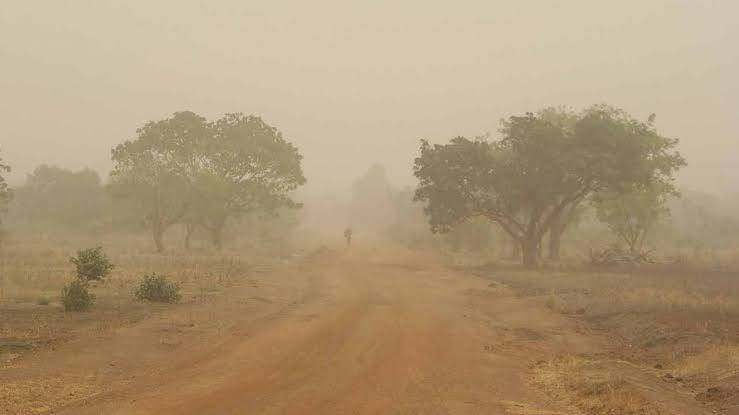Amid other political developments, Afghanistan is suffering from a severe hunger crisis and is now counted amongst the top eight countries worst hit by hunger. According to a report by Save the Children, the number of people facing hunger in Afghanistan increased from 2.25 million people in 2019 to 6.6 million in 2022.
The eight countries include Afghanistan, the Central African Republic, DRC, Haiti, Somalia, South Sudan, Sudan, and Yemen.
“In Afghanistan, we are finding that children are so hungry that they are unable to remember what they have learned at school. As a result of malnutrition, they are also more susceptible to life-threatening diseases such as cholera. We are also seeing a worrying increase in damaging coping mechanisms such as child marriage and child labor. Responding to this rising need is impossible without the full participation of women in the response, and we’re extremely worried about these findings in the context of the current suspension of programs.” Save the Children’s acting country director in Afghanistan, Nora Hassanien said.
After some recent steps by the Taliban regime of Afghanistan against women, Non-Governmental Organizations (NGOs) like Save the Children have stopped their crucial work for the people of Afghanistan. The Taliban has banned the female workforce of the NGO to work for the organization.
According to the local reports, the condition of common people especially children and women is becoming worse due to poverty, hunger, unemployment, and lack of security.
In a joint statement, the United Nations, Save the Children and some other organizations have condemned the move by the Taliban. The statement added that “some time-critical” programs in Afghanistan have been temporarily stopped due to a lack of female staff.
The international agencies urged the Taliban government to reverse their decision.
“Banning women from humanitarian work has immediate life-threatening consequences for all Afghans. Already, some time-critical programs have had to stop temporarily due to lack of female staff,” United Nations Office for the Coordination of Humanitarian Efforts website, the Inter-Agency Standing Committee Principals on Afghanistan said in a statement.













